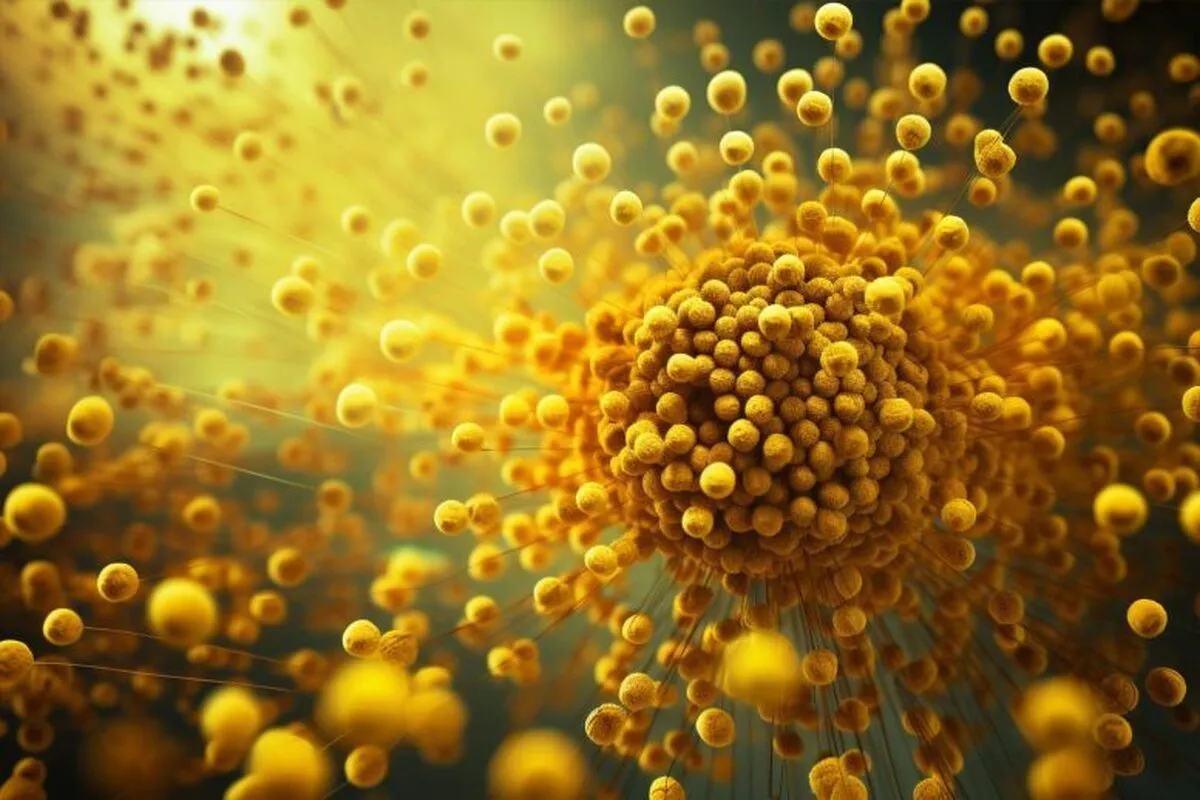Global Warming Changing Plants’ Pollination Patterns with Disastrous Consequences for Food Stability

Behnaz Balmaki, the study’s lead author and an assistant professor of research in biology at UTA, emphasized the study’s importance, stating, “This research is crucial as it examines the long-term impacts of climate change on plant-pollinator interactions.” The study specifically explores how changes in flowering times and extreme weather events affect the availability of critical food sources for insect pollinators, the journal Oecologia reported.
The study was conducted in the Great Basin and Sierra Nevada mountains, which encompasses about 95% of Nevada as well as parts of California, Oregon, Idaho, and Wyoming. This area is particularly suited for this type of research due to the protective barrier the mountains provide against Pacific storms, rain, and snow.
The Great Basin region is home to more than 200 butterfly species, many of which act as pollinators. Pollinators are important in agriculture because they carry pollen from the male to the female parts of flowers so they can become fertilized and produce fruit.
The research team created 19 sampling sites throughout the region, collecting a wide sample of butterflies to study how they distribute pollen to plants. In addition to the newly collected samples, the team also examined previously captured butterfly samples obtained between 2000 and 2021 that are stored at the University of Nevada, Reno Museum of Natural History.
“By analyzing 21 years of historical data, a very long period that provides clear views, the research offers detailed perspectives on the consequences of habitat loss, fragmented landscapes, and changes in plant assemblages on pollination services,” Balmaki said. “Our innovative use of museum specimens to track changes in pollen adds a new dimension to understanding these dynamics. These findings are vital for informing conservation efforts aimed at reducing biodiversity loss and preserving ecological balance, which are essential for sustaining natural ecosystems and human agriculture.”
The study also highlights the essential role of pollinators in maintaining food production critical for human survival.
“Without effective pollination, many crops vital to the global food supply could fail,” Balmaki warned. “Our research underscores the necessity of developing targeted conservation policies to protect pollinators and maintain essential pollination services during global warming, thereby addressing some of the most significant environmental challenges of our time.”
4155/v





















